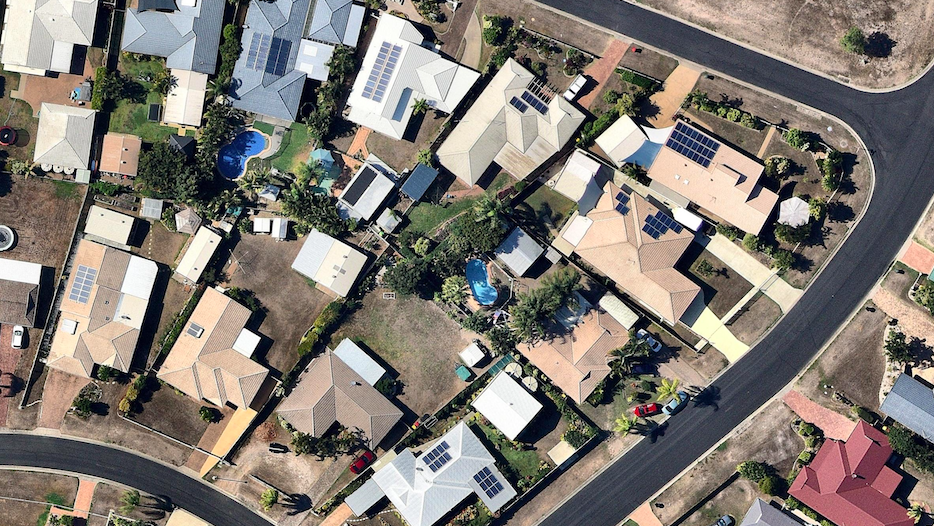Commonwealth government agency, the Clean Energy Regulator, has introduced yet another means to crackdown on fraudulent activity in the solar industry, adopting platform Whispli which allows Australia’s to anonymously lodge reports of fraudulent behaviour through a new Online Reporting Tool which can be used on mobile phones or web apps.
“Whispli is an additional channel to report potential fraud across all our schemes and aligns with our compliance policy for education, monitoring and enforcement activities to report any potential fraudulent or non-compliant behaviour,” a spokesperson for the Clean Energy Regulator (CER) told pv magazine Australia.
Allegations made via the online platform are then routed to a relevant agency investigator. “Where the allegation relates to a Public Interest Disclosure, the matter will be referred to an Authorised Officer,” the Regulator said.
The whistleblower and agency member are then able discuss the allegation in the online platform where anonymity is protected, and if deemed credible the allegation will be conventionally investigated with the Regulator’s growing suite of tools.
The online tool is the second measure to be introduced by the Regulator in a matter of months, and comes shortly before the findings of its Rooftop Solar Sector Review are set to be released.
Rooftop Solar Sector Review – coming soon
The Rooftop Solar Sector Review came at the request of the Minister for Energy and Emissions Reduction in August, 2020. It was carried out by the Regulator with the support of Department of Industry, Science, Energy and Resources, and investigates concerns around the integrity of Australia’s Small-Scale Renewable Scheme (SRES), which is the backbone of our residential solar subsidies. The Review’s findings are expected to be made public in the coming month.
Since the scheme pays for about one third of the cost of installing a residential solar system, its integrity is a priority for the government agency, which also notes that it is about ensuring all solar installations meet a quality benchmark.
“The false claims of STC [Small-Scale Technology Certificates] has been identified as a risk to the integrity of the scheme and the new initiative undertaken by the agency such as the introduction of Whispli and the taskforce are aimed to ensure scheme participants meet all the requirements and guidelines of the scheme,” a spokesperson for the Regulator told pv magazine Australia.
Arsenal of new measures
Earlier this month, the Regulator officially launched its installer taskforce, a joint action with industry peak body, the Clean Energy Council (CEC). The taskforce targets CEC-accredited installers making false statements in their Small-Scale Technology Certificate (STC) claims, which underpin residential solar subsidies.
While the Regulator says fraud is far from rife, it notes that quantifying numbers is difficult. “The Small-scare Renewable Scheme (SRES) is a high-volume scheme (over 400,000 installations expected this year) and we believe the overall rate of fraud is low. However, this subjective view is based on our detection of fraud and the controls we have in place to prevent fraud – hence, quantifying how prevalent is problematic,” it said.
In the past year, the Regulator has made serious inroads by introducing a range of new measures and rules in two the areas where fraud is suspected to be most prevalent: installers making false claims and the installation of unapproved solar panels.
“In the past, we have detected instances of unapproved solar panels being installed where the guidelines were not followed through. However, with 73% of STC claims now going through Solar Panel Validation (SPV), and our new solar panel serial number ledger about to be implemented, we believe this type of fraud is very close to being eliminated.”
This content is protected by copyright and may not be reused. If you want to cooperate with us and would like to reuse some of our content, please contact: editors@pv-magazine.com.









By submitting this form you agree to pv magazine using your data for the purposes of publishing your comment.
Your personal data will only be disclosed or otherwise transmitted to third parties for the purposes of spam filtering or if this is necessary for technical maintenance of the website. Any other transfer to third parties will not take place unless this is justified on the basis of applicable data protection regulations or if pv magazine is legally obliged to do so.
You may revoke this consent at any time with effect for the future, in which case your personal data will be deleted immediately. Otherwise, your data will be deleted if pv magazine has processed your request or the purpose of data storage is fulfilled.
Further information on data privacy can be found in our Data Protection Policy.